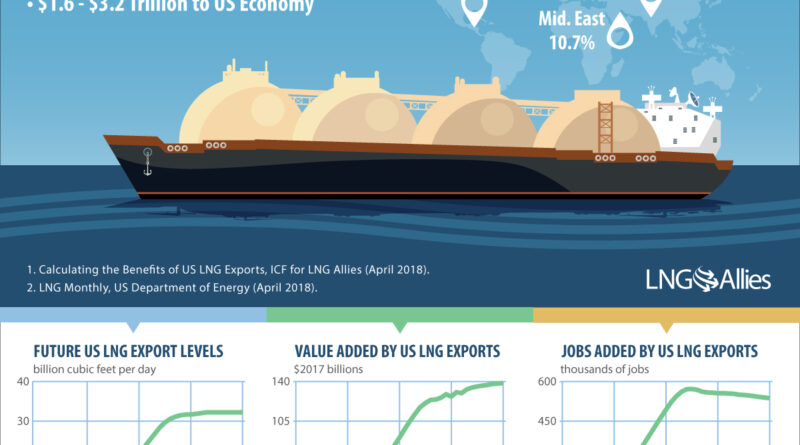Historic EU-US Energy Pact Reshapes Global Trade
Ursula von der Leyen, the President of the European Commission, has announced an increase in collaborations with the United States, with a focus on energy. She states that the European Union will substitute their dependence on Russian gas and oil with substantial importations of US LNG, oil and nuclear fuels.
The European Commission President explains that the present agreement comes as a beacon of assurance amid unpredictable times. As a critical development, it offers stability for citizens and enterprises in the US and the EU, the two biggest economies globally.
This historic pact is seen as a pivotal moment in US-EU relations. Critical to both parties was not letting the negotiations extend past the first of August, and despite the challenges, this was executed successfully.
The negotiations were a high-stakes balancing act, with both Washington and the 27-member EU leveraging their power to reach a mutually beneficial agreement. As both sides employed hard-hitting negotiation tactics, the discussions were conducted under intense pressure up until the eleventh hour.
The European Union’s investment in the United States has been a topic of considerable conversation due to the significant numbers involved. However, the specifics of these investments, such as the timeline and areas of focus, remain undefined for the time being.
The real effect of the accord on the business sector will be gauged in the upcoming weeks and months as the new agreement takes shape. Nevertheless, both parties are already declaring the negotiation a success.
Addressing the media about the trade agreement, Ursula von der Leyen acknowledges that the 15% tariff will be a ‘challenge.’ Yet, she contends that the deal will pave the way for significant access to American markets.
This agreement signifies President Trump’s determination to overhaul how the US, the world’s largest economy, conducts business worldwide. Considering the diverse nature of the 27 nations comprising the EU, this trade deal was particularly challenging, but it managed to meet the first of August deadline.
This negotiation followed other successful trade agreements the US struck with Japan, the UK, Vietnam, and Indonesia. Looking forward, Mexico, Canada, and China are still the three eminent trade partners with deals pending. Still, given President Trump’s penchant for deal-making, the prospects for global economic stability look brighter as uncertainties give way to agreements.
Trump recently indicated the diplomatic relationship with China is on an upward trajectory and hinted that the contentious issue concerning rare earth metals exports might have been resolved. These developments stir expectations for the upcoming US-China trade discussions set for Stockholm.
Italy’s Prime Minister, Meloni, regards the EU-US trade agreement as a positive development. Italy stands as the European Union’s third-largest economy. President Trump announced that the EU is slated to acquire $750 billion in US energy and increase its overall investment in the US by $600 billion.
The unrivaled magnitude of this agreement prompted President Trump to dub it the ‘biggest deal ever made.’ He also mentioned that other potential agreements are being explored with three to four other nations.
The deal can rightfully be viewed as a triumph by Trump and von der Leyen. The EU can breathe a sigh of relief with tariffs remaining at 15% instead of the threatened 30%, even though they fall short when compared to the UK’s superior 10% rate.
From the US perspective, the deal means an expected $90 billion of tariff revenue based on last year’s trade figures and an added bonus of $600 billion worth of investment. Besides the financial gains, Trump believes the deal holds potential for boosting the automobile sector and anticipates a significant impact on the agriculture industry.
The deal sees a 15% tariff applied across the board on goods from Europe, a notable reduction from the previously proposed 30%. Trump declared the deal a ‘win-win’ for all involved, saying it fosters a sense of partnership and brings the countries closer together. Von der Leyen echoes this sentiment, labeling it a ‘massive deal’ achieved after ‘hard-fought negotiations.’



